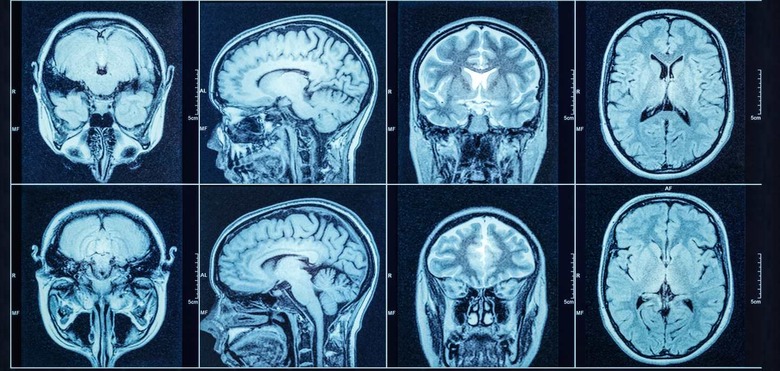Deep Brain Stimulation Triggers Rapid Relief From Chronic Depression
Deep brain stimulation, a surgical procedure that involves inserting a neurostimulator into a patient's brain, can trigger nearly immediate changes in brain wave rhythm, leading to relief from treatment-resistant depression over the next several days. The findings were detailed in a new study from Icahn School of Medicine at Mount Sinai and Emory University.
Unconvential methods
Treatment-resistant depression is a mental health disorder in which normal interventions, such as therapy and medication, do not offer relief or can only reduce symptoms for a short duration before they return. Many studies have explored the issue and potential ways to treat it, including everything from the use of psychedelics to deep brain stimulation.
Deep brain stimulation is a surgical procedure that implants electrodes in specific brain regions. The neurostimulator then works by sending electrical pulses to the targeted part of the brain, potentially helping treat issues like essential tremor, Parkinson's disease, OCD, and epilepsy.
Evidence
Though past research has linked deep brain stimulation with relief from treatment-resistant depression, this new study adds in another element: "a putative physiological biomarker," the researchers say, that can be used to predict how effective the resulting antidepressant effects will be. The new evidence helps pave the way for future studies and better prediction regarding how well a patient may benefit from deep brain stimulation surgery.
The study reveals that brief deep brain stimulation during implant surgery changes the brain's beta rhythm "within minutes." That change is linked with relief from treatment-resistant depression symptoms in the week following surgery. Of note, the study found that greater brain rhythm changes in the patient resulted in more ample relief from depression over the next several days.
Targeting depression 'switch'
Deep brain stimulation, which is FDA approved for the treatment of certain conditions like OCD and epilepsy, is still considered an experimental treatment when it comes to depression. The researchers behind this new study note that deep brain stimulation surgery has been "repeatedly demonstrated" as effective, though uncovering how it produces these effects remains an important topic.
When it comes to depression treatment, the experimental deep brain stimulation procedure targets the so-called "depression switch" — that is, a brain region called the subcallosal cingulate, which evidence points toward as a key biological aspect of depression.
Stimulating this brain region can "reliably" bring about long-term relief from depression symptoms, among other things like behavioral changes. Adjustments to the brain's beta rhythm play a role in this beneficial change, the study found, with co-first author Allison C. Waters, Ph.D., explaining:
The beta rhythm is conventionally associated with the brain's determination of whether to stop or keep going with a course of action, which is why neurologists target beta with DBS to treat disorders of movement. We haven't had a clear signal to target with DBS for depression, but now we can speculate as to how the beta signal might function in this context: a release of the brake that generates fatigue and slowness, or interrupting a habitual cycle of negative self-focused thought.
Study details
To evaluate the potential effects of deep brain stimulation as a therapy for treatment-resistant depression, the scientists utilized data from eight patients who experienced the surgery. Electrophysiological recording was performed during the surgeries, while stimulation was applied to the targeted "depression switch" in the brain for an hour. The researchers were able to record the electrical signals passing through deep brain neurons during this time.
Among other things, the researchers utilized machine learning technologies to make sense of the data, including identifying predictors related to how the patient would respond.
The study correlated a decrease in the brain's beta power with rapid antidepressant effects, noting a depression score decrease of 45.6-percent over the week following surgery. This is compared to, for example, the months it may take for someone to begin experiencing relief when taking antidepressant medication, which isn't effective in people suffering from treatment-resistant depression.

